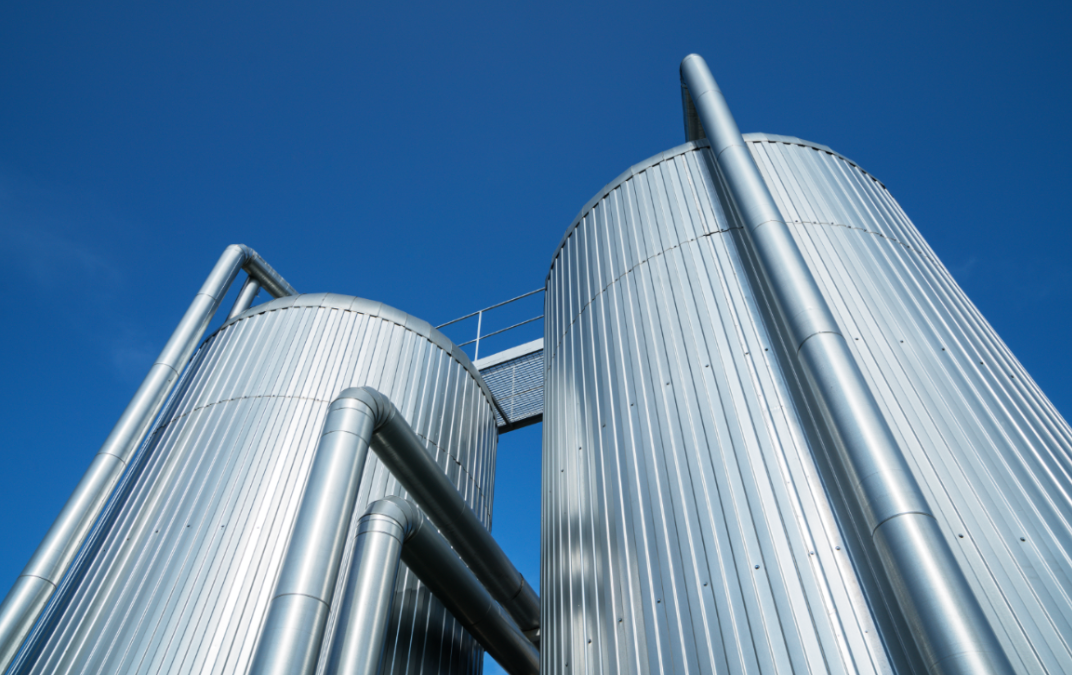The start of the new year is a good time to look to the future and take stock of the year we have left behind. We intend to perform a realistic analysis in order to verify whether the targets set for the year have been met, or even surpassed.
The gas sector in Spain had a good year, as regards demand. Although the previous two consecutive years were ones of growth, following a period of crisis, the initial forecast was for increased demand of about 3.5%.
We are experiencing a time of change, the result of a transition towards an energy model led by renewables, and we are seeing that the weighting of natural gas is becoming increasingly significant owing to its economic and environmental advantages and those of efficiency, versatility and high energy supply in relation to other traditional forms of energy, such as coal and oil.
A sign of this is that in a year that was hotter than normal, 2017 ended with a rise in total demand for natural gas in Spain of 9% on 2016 figures, reaching 351 TWh.
This is an important statistic that reflects the increase in industrial activity in the country. Industrial demand for natural gas (accounting for 60% of the total) grew by 7% on the previous year, with metallurgy and construction leading the field with the largest increases.
If Spain is to work towards solid, long-term, sustainable and sustained economic recovery, industry will play a key role. This figure is a good indicator that we are on the right track.
Another relevant statistic is that the demand for natural gas for power generation grew by 27%, which confirms its availability and efficiency within the energy mix. If there is an aspect that will mark the future of energy in the 21st century, it will be certainty of supply. Natural gas once again demonstrated in 2017 that it is unrivalled in this respect.
The trust placed in natural gas is largely due to how it responds during the most difficult times. The early days of January 2017 had all the ingredients for turning into a ‘perfect storm’ in Spain in energy terms: very low temperatures, greatly reduced wind power and hydroelectricity generation owing to adverse meteorological conditions (lack of rains and wind), and one nuclear power plant going offline. Supply was maintained thanks to natural gas. The best gauge of the situation was that the country’s residents were completely unaware of this. Energy reached their homes and factories with absolute normality.
This goes to show that, in addition to the economic, environmental and efficiency-related advantages, natural gas also contributes to the foundations of a very solid energy system with tranquillity, in which we should all take pride. And as we are also working towards greater gas interconnection in Europe, we will make it possible for more competitive prices.
